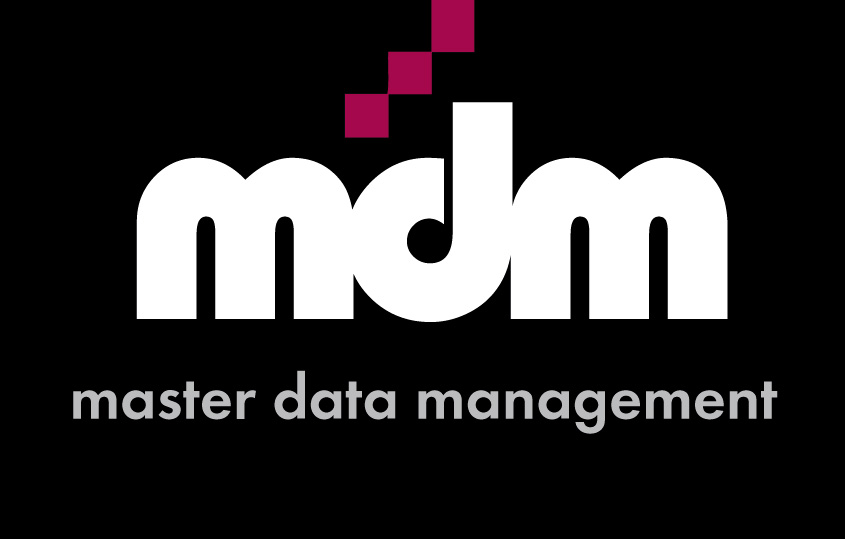What is reference data?

Reference data are attributes that describe or define other data. These reusable attributes can be shared across multiple applications, playing a crucial role in describing and defining other data elements.
For instance, a comprehensive list of countries and country codes serves various purposes, such as indicating “Country of Origin,” “Country of Residence,” or “Country Issuing Passport.”
It’s important to note that without governance, different standards may be applied by different departments, or even in different systems, leading to reporting and aggregation issues.
For example, different business units may segment customers differently, using classifications like “Small,” “Medium,” and “Large” or “Individual” and “Company.” This type of variation can create confusion and hinder operational efficiency and planning.
Are there standards for reference data?
While international standards may exist for some data elements, such as country, there are frequently multiple competing standards – for example, the ISO and ANSI standards.
This can lead to discrepancies between information held in different applications, regions, or business units. In many cases, standards are not defined and must be agreed internally. This is a data governance responsibility.
Inconsistencies in Reference data lead to reporting errors
Inaccuracies and errors in reference data can lead to significant reporting discrepancies. For example, in one database, the code “SA” might represent “Saudi Arabia,” while in another, it could signify “South Africa.” Consequently, a report intended to show sales for South Africa may inadvertently include figures for Saudi Arabia. This issue becomes particularly relevant when attempting to consolidate data across applications or business units. Therefore, companies must designate individuals responsible for deciding which conflicting standards to use—a role that falls under data governance.
How do we ensure the integrity of Reference Data?
To ensure data integrity, it’s crucial to monitor the quality of reference data. Poor quality reference data may be reused in multiple scenarios, causing multiple errors. As a subset of master data management, reference data is relatively easier to manage and can provide quick business returns. By defining and enforcing data quality rules across multiple systems, consistency is ensured, and the risk of invalid codes infiltrating reports is mitigated.
How do we choose a tool to manage reference data?
According to a report by Information Difference, employing a commercial Reference Data governance platform has significant benefits over homegrown solutions and mega-vendor MDM applications as it enables the governance of reference data, rather than simply storing and sharing it.
Reference data governance ensures that the correct business knowledge is applied to updating reference data tables, that appropriate checks and balances are put in place, and that changes are approved by the business data steward(s) before tables are updated across the organisation
Contact us for more information about reference data management, or to request a demo.
Image sourced from http://en.wikipedia.org/wiki/File:Legal_Dictionaries.jpg

Leave a comment